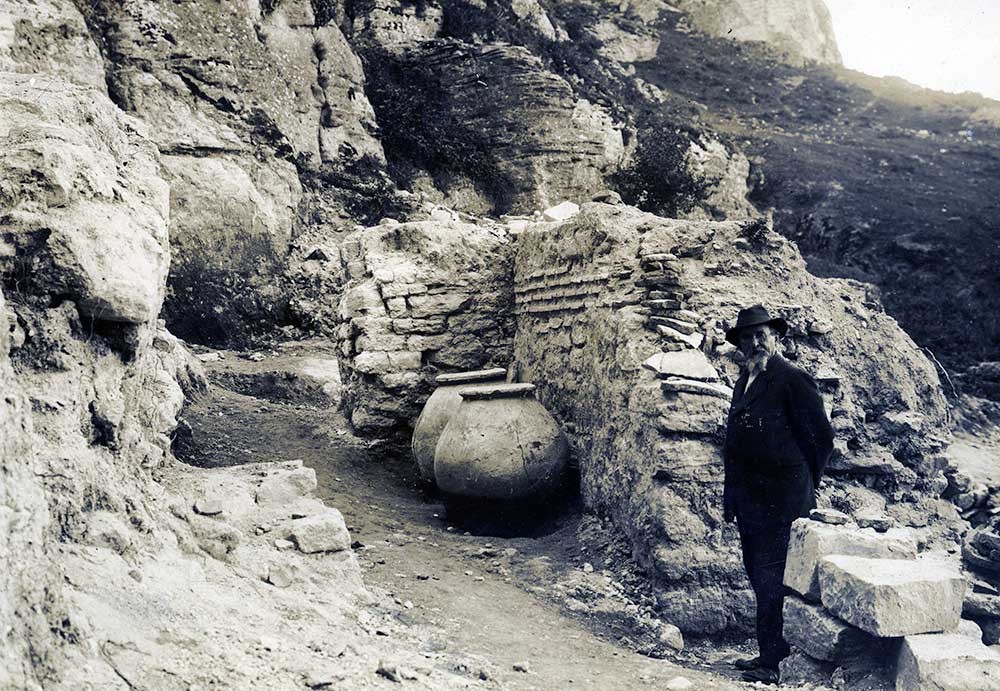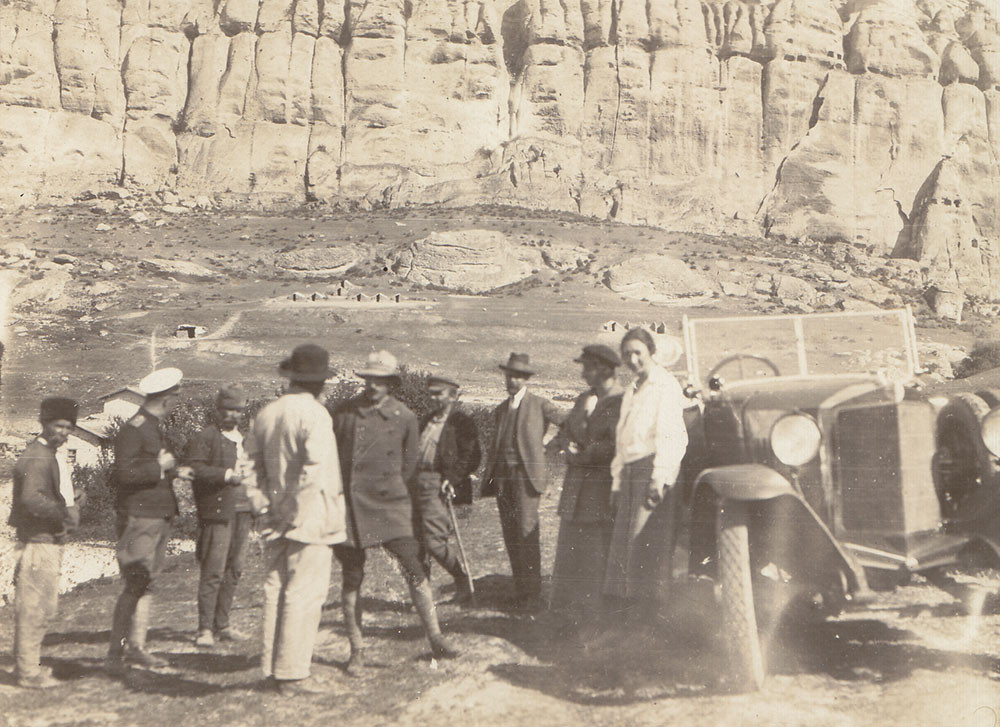They were Czech by origin, but they dedicated most of their lives to one cause - Bulgaria. Hermann and Karel Škorpil were historians, archaeologists, teachers, naturalists, humanists, idealists...
The Škorpil brothers arrived in Bulgaria in the 1880s and settled in Varna. Like many Czech public figures and intellectuals at the time, the two brothers were brought here by their sense of Slavic solidarity, with the idea of helping the newly-liberated Bulgarian state get back on its feet after the difficult and prolonged Ottoman rule. They are best known as the founders of scientific archaeology and museum work in Bulgaria. But not only!
"These are extremely versatile Rennaissance-type personalities. I would describe them as two of the last Revival Period figures of Bulgaria”, says Eng. Petar Atanasov from the Varna-based Regional History Museum, creator of the mobile application " Škorpil Brothers - Guardians of Historical Memory ". Via augmented reality, this mobile app has been included as part of the museum exhibition space dedicated to the two Czech enlighteners.
“Their name is mainly associated with Varna, they were the founders of the Varna Archaeological Society, then of the museum in Varna, etc.”, Petar Atanasov explains. “You probably know that they were the first to identify, discover and show the first Bulgarian capital Pliska. They were among the first explorers of the Thracian dolmens in Bulgarian lands. And something that is little known, but their contribution was significant – the Škorpil brothers had a great interest in the natural sciences - geography, research of minerals, animal and plant species ... And wherever they were teachers, they founded such educational groups, compiled collections, they discovered species. They authored the first textbook on the geography of Bulgaria, etc."

There is no area in which the Škorpil brothers have not worked. But the Czechs were most committed to preserving the Bulgarian historical heritage becoming lost due to the negligence of the local population. Thanks to them, the first historical museums with interesting finds from different epochs opened their doors in Bulgarian regional cities. Many of these artefacts were saved from the hands of treasure hunters, again thanks to the Škorpil brothers. To this end, they developed a dense "spy" network across the country composed of collaborators who warned them of the danger of such raids.
The results of the comprehensive activity of Hermann and Karel Škorpil echo to this day:
"Young people are quite surprised that two teachers, with their teachers' salaries, have managed to practically travel all over Bulgaria in times when there were no transport connections and to do so much work. Even today, scientists use their research in new studies. The house where Karel lived still exists. It is located in Varna, on Skorpil Street and was designed by him. The Varna Historical Museum keeps personal belongings of the brothers, their descriptions, sketches, drawings… But the truth is that many of the artifacts included in Bulgarian historical exhibitions were discovered by them," says Peter Atanasov.

The mobile application about the Škorpil brothers developed by him, presents in an engaging way all the information about their life and activity in Bulgaria and is available to every owner of an Android phone. You can find it HERE:
A few days ago, the exhibition "Found by Škorpil " was unveiled in the town of Ruse on the occasion of 120 years since the establishment of the Ruse Historical Museum. The exhibition focuses mainly on the work of Karel Škorpil in the region. More than a hundred years ago he discovered and mapped many of the sanctuaries and necropolises we know today in the valley of the Rusenski Lom River.
Edited by Ivo Ivanov, Darina Grigorova
English version Rositsa Petkova
The Days of Croatian Archaeological Heritage, which will last until 8 November, begin today at the National Archaeological Institute with Museum at the Bulgarian Academy of Sciences (NAIM-BAS) in Sofia. The event is organised by the Croatian Embassy in..
Today, 6 November, marks 104 years since the annexation of the Western Outlands in 1920. Traditionally Bulgarian territories in south-eastern Serbia and northern Macedonia were ceded to the Kingdom of Serbs, Croats and Slovenes in 1920 as a result of..
Volunteers joined the efforts to clean and restore the monastery St. Spas near Bakadzhik peak. The campaign is being organized on 2 November by Stoimen Petrov, mayor of the nearby village of Chargan, the Bulgarian news agency BTA reports. The..
On November 24, the Bulgarian Orthodox Church honors St. Catherine (Sveta Ekaterina in Bulgarian) , who was one of the most educated women of her time...
On November 25, the Bulgarian Orthodox Church honours the memory of St. Clement of Ohrid – a distinguished archbishop, teacher and scholar. He was among..

+359 2 9336 661
